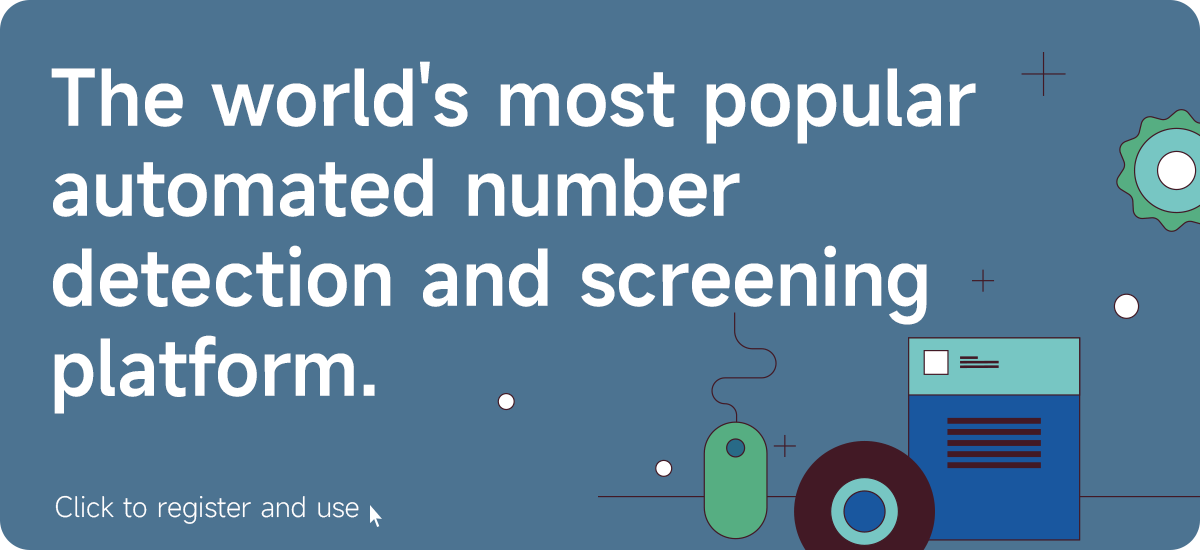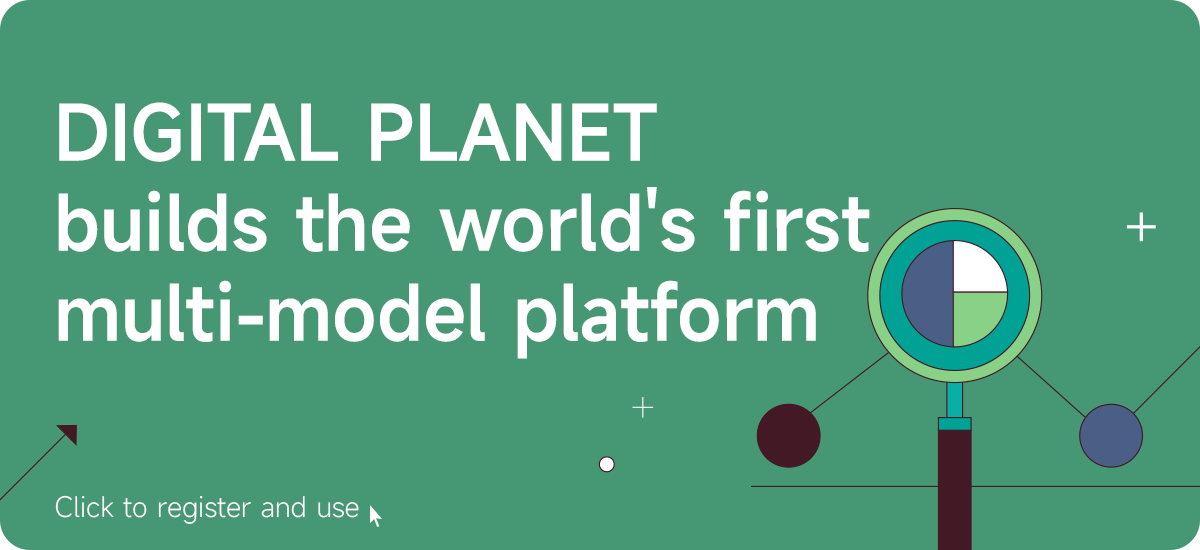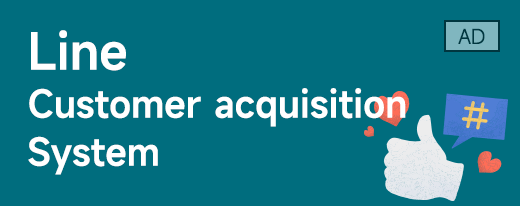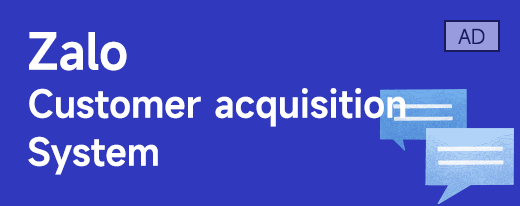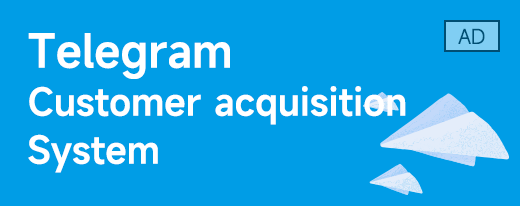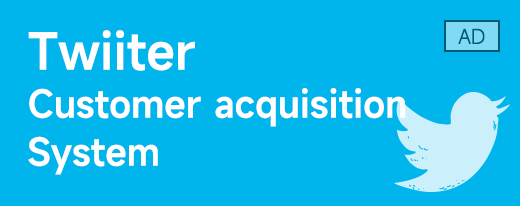Microsoft Build 2023: Artificial Intelligence redefines the future of software development and
2023 is a critical year for the acceleration of AI changes: Microsoft announced the expansion of cooperation with OpenAI, and has successively launched Azure OpenAI enterprise-level services and a series of "intelligent co-pilots (Copilot)" for Microsoft 365, Dynamics 365, Power Platform and other product services. "Intelligent co-pilot" can realize human-computer interaction based on natural language understanding and generation through large language models (LLM), and help users complete various complex tasks. It not only opens up a new type of software driven by AI, but also marks a major change in the way of software development - from the application scenarios of software services, user experience, service architecture to security protection measures, it is evolving into a completely different development experience. Among them, "Plugin" is a key part of AI application development. It introduces real-time information or business data from other software services through API interfaces. "Plugin" can add new computing capabilities to the AI system, thereby providing users with rich, efficient and accurate generative intelligent services.
Microsoft announced the adoption of the same open plug-in (Plugin) standard as OpenAI ChatGPT to ensure future interoperability between ChatGPT and Microsoft’s series of “intelligent co-pilot” products and services. Plug-ins developed by developers using either platform are applicable to both ChatGPT and Microsoft's Microsoft 365, Dynamics 365 Copilot and other services to meet the business needs of individual customers and commercial customers. AI applications developed by developers on the Azure OpenAI Enterprise Edition service also support the same open plug-in standard by default - which means that any developer can choose to use human natural language interaction as the interaction method of their software.
Microsoft announced that developers can connect applications and services to Microsoft 365 Copilot through "plug-ins." The first batch of supported plug-ins include ChatGPT, Teams information extensions, Power Platform connectors, etc. Developers can directly connect to existing services, or use Visual Studio Code and the Microsoft Teams Toolkit development tools on Visual Studio to easily develop new Microsoft 365 Copilot plug-ins. Developers can also import data into Microsoft Graph and build correlation and action information through the recently released Semantic Index for Copilot, further expanding the capabilities of Microsoft 365 Copilot. During the public beta period, more than 50 plug-ins from partners such as Atlassian, Adobe, ServiceNow, Thomson Reuters, Moveworks, and Mural will be available. When Microsoft 365 Copilot is officially released, there will be thousands of plug-ins to choose from.
Power Pages, an important component of the Power Platform platform, and Copilot intelligent co-pilot in Power BI have opened public preview, allowing users to more freely create web pages and data insights through natural language. In addition, the generative intelligence in Power Virtual Agent will also enable invited previews, further improving the experience of building conversational bots and adding more customization possibilities to Power Automate.
New Azure AI Tools: Help developers responsibly build, operate, and deploy next-generation AI applications
The Azure OpenAI Enterprise Edition service integrates advanced large models such as ChatGPT and GPT-4 with Azure's secure and reliable enterprise-level services. Currently, more than 4,500 enterprise customers have adopted Azure OpenAI services. As Microsoft continues to integrate generative intelligence into more first-party products and services, more and more developers will begin to develop their own new generation of intelligent applications in the form of "intelligent co-pilot".
At the Build 2023 conference, Microsoft launched a series of AI development tools and functions to help developers accelerate their transformation, which mainly include: the newly released Azure AI Studio, which can help developers more easily integrate external data sources into Azure OpenAI services to train dialogue models based on their own data. The newly released preview of Azure AI Content Safety can help developers build safer online environments and communities. Its built-in model can detect inappropriate content in text or images and notify human supervisors to take action. This feature, originally used in Microsoft services such as GitHub Copilot, will be built into the Azure OpenAI Enterprise Edition service and open to third-party developers to generate intelligent content in a responsible manner. Microsoft also released new Azure Machine Learning tools, including Responsible AI dashboard support for text and image data. In public preview, this feature enables developers to evaluate large models built using unstructured data during the build, train, or evaluate model stages. This will help developers discover model errors, fairness issues, and model explanations before they are deployed, enabling more fair, high-performance computer vision and natural language processing (NLP) models. Azure Machine Learning prompt flow allows developers to use popular open source prompt word orchestration solutions such as Semantic Kernel to efficiently build prompt words. In the upcoming preview version, prompt flow provides developers with an easier and easier way to prompt, evaluate and adjust large models. Developers can quickly create prompt workflows connected to various language models and data sources, and evaluate the quality of the workflow through methods such as authenticity to select the best prompts for the actual situation. Prompt flow also integrates Azure AI Content Safety to help developers detect and delete harmful content in their workflows. In addition, Microsoft also announced that it will add new media source capabilities to Microsoft Designer and Bing Image Creator in the next few months. The technology uses cryptographic methods to tag and sign AI-generated content with metadata about its origin, helping developers verify whether an image or video was generated by AI.
Microsoft Dev Box, which will be officially commercialized in July, is an Azure development service designed to provide developers with pre-configured, centralized management, and project-based ready-to-use development boxes. Dev Box has received positive feedback from customers during the preview phase, and is used by more than 9,500 developers within Microsoft in daily development. Microsoft Dev Box has added several new features to optimize the development experience and improve work efficiency, including supporting customization through code settings and providing more customizable preset images in the Azure Marketplace to meet different development needs. In addition, developers can also manage and customize the development environment through the newly launched portal Azure Deployment Environments.
GitHub Advanced Security for Azure DevOps is open to public preview for all users. This security service is integrated with Azure Repos and Azure Pipelines. It can provide the same secret scanning, dependency scanning and CodeQL code scanning functions as GitHub Enterprise Edition, helping developers prevent and eliminate potential security risks.
Microsoft is committed to working with partners like NVIDIA to accelerate the development of a future driven by artificial intelligence, allowing organizations to design, develop, deploy and manage applications developed on Azure with scale and security, ultimately benefiting customers. Through the NVIDIA AI Enterprise Integration integrated with Azure Machine Learning, NVIDIA will accelerate the development of generative AI for enterprise use. Omniverse Cloud, unique in Azure, helps organizations aggregate data into a large number of high-performance models, connect their domain-specific software tools, and enable real-time collaboration with multiple users across multiple locations. NVIDIA GPUs will use ONNX Runtime and Olive tool chains to support accelerated AI model applications without proficient hardware knowledge.
Microsoft Fabric builds a unified one-stop analytics platform
In this new era redefined by intelligent innovation, various data continuously generated from different devices, applications, and interactions have become more important than ever. Especially for enterprises and organizations, it is essential to obtain truly useful intelligence, orderly management, stable and clean data flow, and a highly unified data analysis system.
The newly released Microsoft Fabric is a unified one-stop analytics platform that integrates data engineering, data integration, data storage, data science, real-time analytics, application observability and business intelligence services, all connected to a data warehouse called OneLake. Microsoft Fabric is fully integrated into the Azure OpenAI service and provides an "intelligent copilot (Copilot)" in every data-related operation experience. Therefore, users with different technical levels can perform the operations they need through natural language dialogue and obtain intuitive insights, such as creating data flows and data pipelines, generating code and complete functions, building machine learning models, or displaying results in a visual form. Users can even integrate the unique data experiences they create by combining Azure OpenAI models with their own data into a new plug-in and publish it publicly.
Windows opens a new experience for intelligent development
Windows Intelligent Assistant is the first centralized artificial intelligence assistant on the PC platform. With the help of various integrated first-party and third-party plug-ins, users will no longer need to spend time and energy looking for different applications and switching back and forth between various software. Instead, they will truly focus on how to express their creativity, complete complex work, or communicate and collaborate. Windows Smart Assistant can float on top of different applications and windows in the form of a sidebar. It not only supports daily operations such as copying and pasting, screenshots and cutting, but can also complete searches and various complex operations in the form of natural language conversations at any time. A preview version of Windows Smart Assistant will be launched on Windows 11 starting in June.
The popularity of Windows 11 has accelerated in the past year, and even the number of monthly active developers using Windows 11 devices has reached an annual growth rate of 24%. Dev Home, now in preview, will create a more complete development environment and development experience for Windows developers. Dev Home can easily connect and set up cloud development environments such as GitHub, Microsoft Dev Box, and GitHub Codespaces. It also provides open source and fully scalable development tools, including customizable dashboards and various tools to fully optimize the development experience.
The Edge browser supports the Microsoft 365 Smart Assistant plug-in and has been updated with a design that is more in line with Windows 11 style. The Edge for Business commercial browser supports more enterprise management, security, privacy and productivity features to better meet the needs of hybrid offices. The version for managed devices is now in preview, and the unmanaged version will be launched in the next few months. In addition, Edge Workspaces, which supports multi-user collaborative work, will end its preview within a few months and launch an official commercial version.
数҈字҈星҈球҈͏
